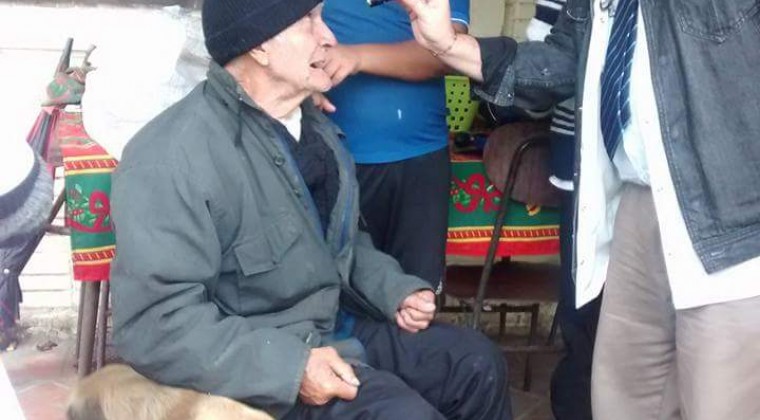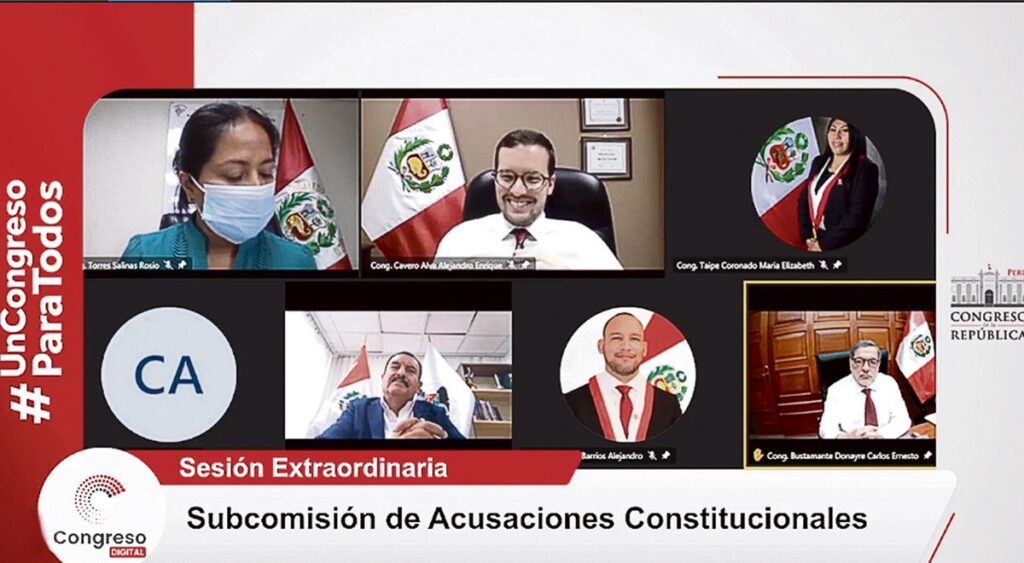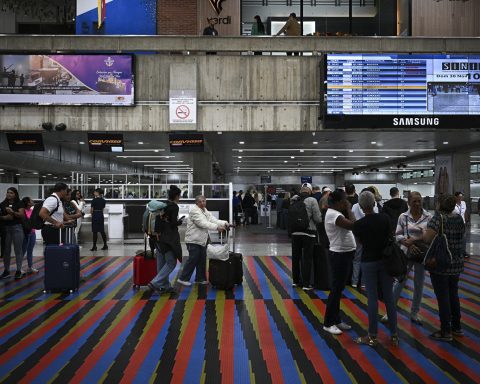A bill was presented in the Chamber of Deputies to create the National Secretariat for the Elderly (SENAM).
The Colorado deputies Luis Urbieta (ANR-Concepción); Fredy D’Eclesiis (ANR-San Pedro); and Hugo Ramírez (ANR-Capital), presented a bill “That creates the National Secretariat for the Elderly (SENAM)”, in the understanding that the State must guarantee social protection policies, aimed at older adults.
The planners seek the creation of the National Secretariat for the Elderly, as a legal person of public law, with an autonomous character and its own assets, which is responsible for the execution of public policies and service at the national level for the elderly.
“There is a prevailing need to recognize that the person, as they age, must continue to enjoy a full, independent and autonomous life, with health, security, integration and active participation in the economic, social and cultural spheres”, says part of the statement of reasons.
It adds that the proposal seeks to adopt measures to prevent and eliminate the practices of isolation, abandonment, physical restraints, overcrowding, denial of nutrition, infantilization, inadequate medical treatment and all mistreatment or cruel, inhuman or degrading punishment, and adopt measures to give the elderly a differentiated and preferential treatment in all areas.
According to publications of the National Institute of Statistics (INE), in our country, people aged 60 and over, add up to approximately 746,000 individuals; while those aged 75 and over represent some 187,000 people. 61.6% of these people live in urban areas and 38.3% in rural areas.
The bill establishes that the National Secretariat for the Elderly (SENAM) will have an Executive Council, which will meet regularly once a month and meet extraordinarily when convened by its president or at the request of at least five of its members. . Its decisions will be adopted by simple majority and in case of a tie, the president will decide.
This project will have official entry during the ordinary session this Wednesday, March 2, and will be turned over to the Legislation and Codification commissions; Justice, Labor and Social Welfare; Public health; and to the Budget Commission, for its corresponding study and consideration.


















